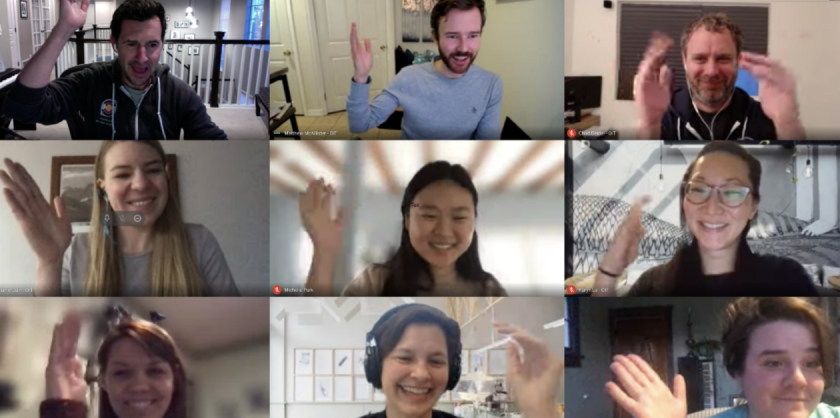Welcome to the second installment of this comprehensive annual look at global cybersecurity industry prediction reports from the top security vendors, publications and thought leaders.
-
Work on the new portal began in 2023, with the next phase scheduled for 2026. Nevada joins other states in setting up such portals for a variety of tasks, including accessing services such as unemployment benefits.
-
State governments are expected to deploy AI in 2026 with an increased focus on returns on investment as they face complex policymaking restrictions enacted by a recent executive order signed by President Donald Trump.
-
After launching a fiber-optic broadband network, Chattanooga, Tenn., has seen robust economic development and better Internet service for residents. Chico, Calif., recently broke ground on its own fiber project.
-
The federal government’s now-defunct United States Digital Service has served as an inspiration for states that are increasingly putting human experience at the center of their tech projects.
Most Read
Cybersecurity
From The Magazine
-
People are less worried about AI taking humans’ jobs than they once were, but introducing bots to the public-sector workplace has brought new questions around integration, ethics and management.
-
As governments at all levels continue to embrace new developments in artificial intelligence, cities are using automation for everything from reducing first responder paperwork to streamlined permitting.
-
Agencies report that critical IT positions remain hard to fill, but finding the right people takes more than job postings. States are expanding intern and apprentice programs to train and retain talent.
More News
-
The nonprofit believes preparing students for a digital future is less about expanding access to devices than about ensuring technology use is grounded in purpose, understanding and meaningful outcomes.
-
After transitioning from Fairfield University’s leader of enterprise systems to director of IT strategy and enterprise architecture for the state of Connecticut, Armstrong will return to higher-ed leadership in January.
-
Hartford Public Schools in Connecticut have contracted with Timely, because budget constraints and reduced staffing have made it increasingly difficult for the district to create master schedules.
-
The Osceola County Board of Commissioners approved the purchase of new portable and dual band radios at a cost of $330,552 during its meeting Dec. 16, by a vote of 5-1.
-
Some surveys show an increasing number of students using AI to complete homework, prompting teachers to reevaluate when and how they assign it, and what they intend students to get out of it.
-
Educate Texas, an initiative of the Communities Foundation of Texas, convenes officials from school districts, nonprofits, Dallas College and the Texas Education Agency to discuss integrating AI into their operations.
-
Despite the ongoing government shutdown, NASA has recently managed to complete a major milestone as part of the organization’s effort to send astronauts back to the moon.
-
Flagstaff is deciding on whether the police department should continue to use Flock Safety’s automated license plate cameras — a common but controversial technology used nationwide.
-
How can you be a cyber-smart parent? In this interview with Chad Rychlewski, the co-author of a new book, we unpack what family online protection looks like in 2025.
-
Tariffs are having direct impacts on technology costs, and indirect ones on tuition revenue and institutional planning. This is pushing universities and ed-tech companies alike to explore creative financing options.
Question of the Day
Editorial







































